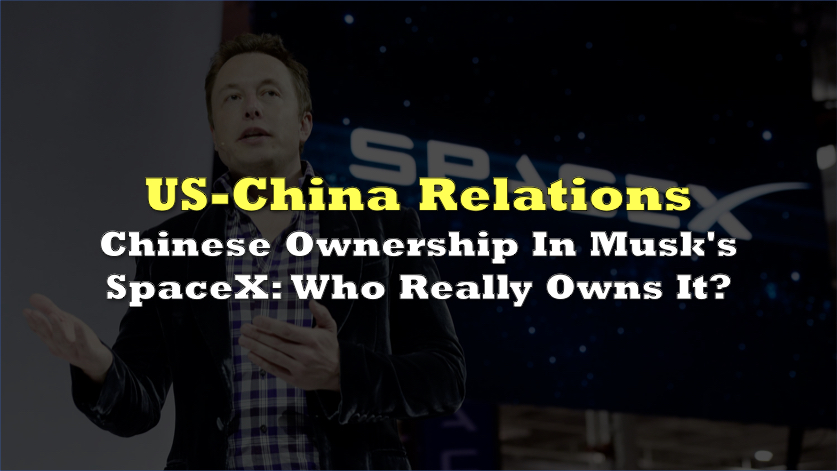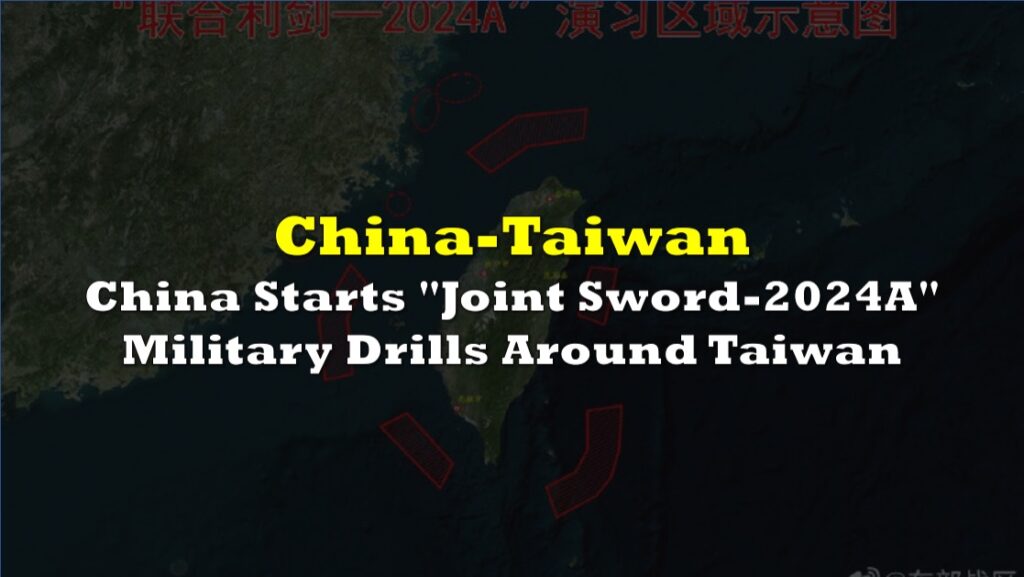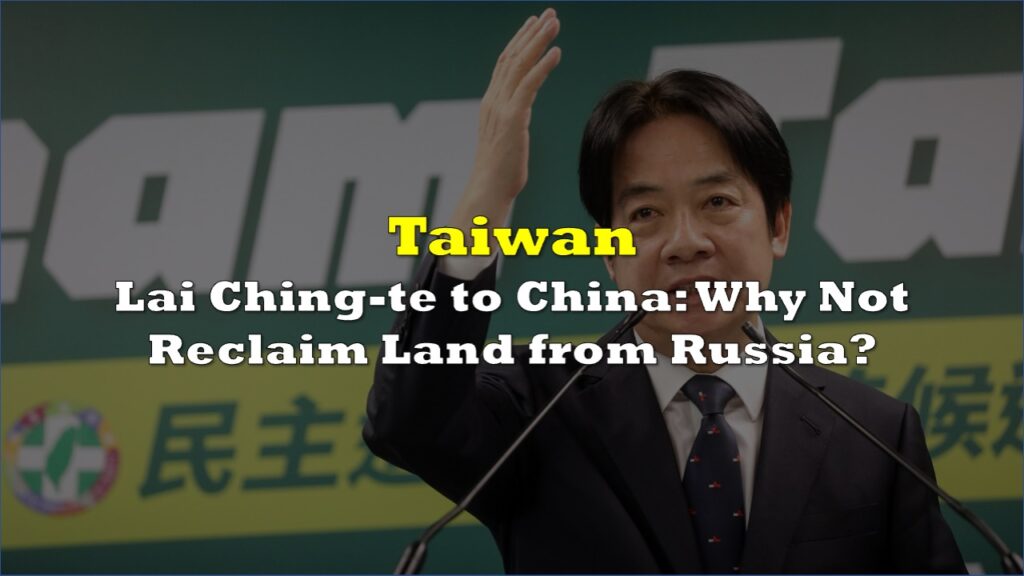China has announced sweeping export restrictions on 28 U.S.-based defense contractors and related entities, escalating tensions with Washington amidst ongoing disputes over Taiwan. The Chinese Ministry of Commerce issued a statement on Thursday detailing the sanctions, which are designed to “safeguard national security and interests” and will take immediate effect.
The companies targeted by Beijing, which include defense heavyweights such as General Dynamics, Lockheed Martin Corporation, Boeing Defense, Space & Security, and Raytheon Missiles & Defense, are now listed on China’s Export Control List. The restrictions prohibit the sale of dual-use items—products that can serve both civilian and military purposes—to these firms.
China imposes trade restrictions on 28 U.S. defense firms, including General Dynamics, Boeing Defense, Lockheed Martin, and Raytheon Missiles & Defense. pic.twitter.com/ILSWBSUVpC
— Clash Report (@clashreport) January 2, 2025
Additionally, the Ministry of Commerce announced that subsidiaries and affiliated entities of these companies, such as Lockheed Martin Aeronautics and Raytheon Missile Systems, will also be affected. The sanctions extend beyond trade: they ban targeted companies from importing or exporting goods within China and restrict senior executives from entering the country.
These measures follow earlier sanctions announced last week, which targeted seven U.S. military contractors over arms sales to Taiwan.
China imposes sanctions against 28 US companies
— NEXTA (@nexta_tv) January 2, 2025
The Chinese Ministry of Commerce added 28 US companies to its export control list on Thursday, banning the sale of dual-use goods to them.
The ministry stated that the restrictions, effective from January 2, were designed to… pic.twitter.com/JKwpUTbYy7
Beijing’s Justification
China’s Ministry of Commerce stated that the sanctions aim to fulfill international obligations such as non-proliferation while protecting its sovereignty. A ministry spokesperson condemned the listed companies for participating in U.S. arms sales to Taiwan, describing these actions as a threat to China’s territorial integrity.
The sanctions are part of a broader strategy by Beijing to counter what it perceives as U.S. interference in its internal affairs. The Chinese government has repeatedly criticized Washington for providing military aid to Taiwan, an island it considers a breakaway province.
“Such actions interfere in China’s internal affairs and undermine China’s sovereignty and territorial integrity,” a Chinese foreign ministry spokesperson said last week.
Washington has yet to issue an official response to the latest sanctions, but the measures are likely to exacerbate already strained relations between the two superpowers. The U.S. Department of Defense has defended its arms sales to Taiwan, citing a commitment to supporting the island’s self-defense capabilities under the Taiwan Relations Act.
In December 2024, U.S. President Joe Biden approved $571.3 million in defense support for Taiwan, part of a broader strategy to bolster the island’s security against rising Chinese military pressure. The U.S. government has long viewed Taiwan as a critical ally in the Indo-Pacific region and a bulwark against China’s growing influence.
Taiwan in U.S.-China Tensions
Taiwan remains the central flashpoint in U.S.-China relations. Beijing views the island as an inalienable part of its territory and has not ruled out the use of force to achieve reunification. Taiwan, however, has functioned as a self-governed democracy since the end of the Chinese Civil War in 1949.
Since Taiwan’s President Lai Ching-te took office in May 2024, China has ramped up military pressure on the island, conducting three rounds of large-scale military drills in the Taiwan Strait. Beijing has framed these exercises as a response to “provocative” U.S. arms sales and political support for Taiwan’s government.
For its part, Washington does not officially recognize Taiwan as a sovereign state but remains its largest arms supplier and strategic ally. The Biden administration’s approval of the December defense package was widely viewed as a direct challenge to Beijing’s claims over Taiwan.
The sanctions represent a significant obstacle for U.S. defense contractors, many of which rely on global supply chains that include materials or components sourced from China. Analysts suggest that while the financial impact of the sanctions may be limited—given that these firms primarily focus on U.S. government contracts—their exclusion from Chinese markets could complicate operations and disrupt supply chains.
Lockheed Martin, which was heavily sanctioned in this round, has faced repeated scrutiny from Beijing for its role in supplying advanced weapons to Taiwan. The company’s missile systems and fighter jets are integral to Taiwan’s military defense strategy.
Boeing Defense, Space & Security, a division of Boeing, also plays a key role in supplying surveillance and transport systems to the U.S. military and its allies, including Taiwan.
Last Friday, the Chinese government sanctioned seven U.S. companies, including Boeing subsidiary Insitu, over their involvement in supplying military equipment to Taiwan. This growing list of restricted entities suggests that China is adopting a more aggressive stance against U.S. defense contractors.
The sanctions not only heighten tensions between China and the U.S. but also have broader implications for global security and trade. Dual-use items, the focus of China’s export restrictions, are critical in sectors ranging from aerospace to telecommunications.
Information for this story was found via the sources and companies mentioned. The author has no securities or affiliations related to the organizations discussed. Not a recommendation to buy or sell. Always do additional research and consult a professional before purchasing a security. The author holds no licenses.









